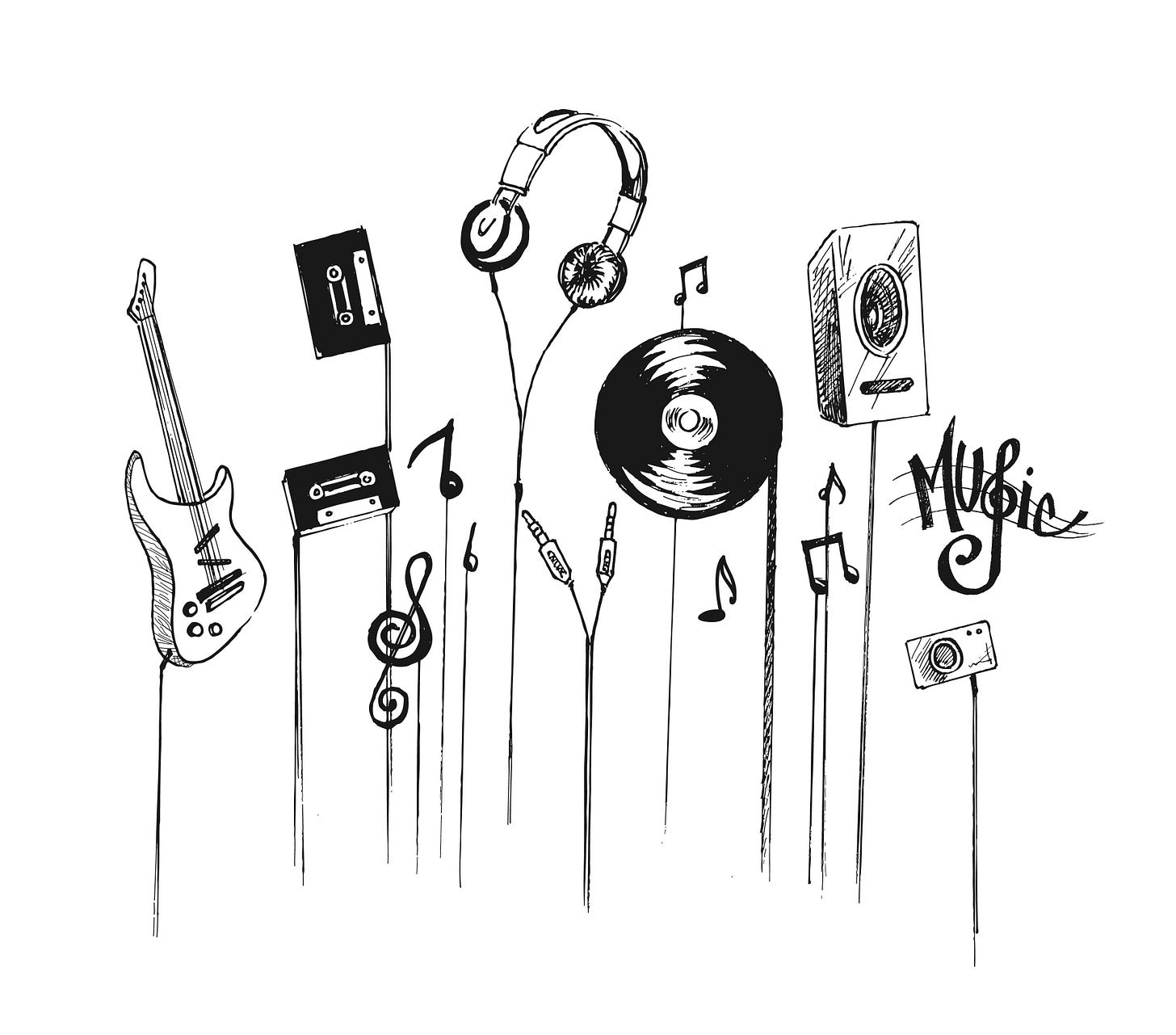The Dangers of AI Music
Let's ask ChatGPT. Again!
There are several potential dangers associated with AI-generated music, including:
Lack of originality: One of the most significant risks of AI music is that it may lack originality. AI-generated music relies on existing patterns and data to produce new songs, which may lead to a lack of creativity and uniqueness in the output.
Bias and discrimination: Another potential danger of AI music is that it may perpetuate and amplify biases and discrimination in the music industry. If the data used to train AI models is biased, the resulting music may also be biased, leading to unfair representation of certain groups.
Loss of jobs: As AI music becomes more prevalent, there is a risk of job loss for musicians and composers. AI-generated music may be cheaper and faster to produce than music created by human musicians, leading to a decline in demand for human talent.
Ethical concerns: There are also ethical concerns surrounding the use of AI music in certain contexts, such as in advertising or political campaigns. The use of AI-generated music in these settings may be seen as manipulative or deceptive.
Copyright issues: Finally, there may be copyright issues surrounding AI-generated music. If AI is used to create music that is too similar to existing songs, it may be considered a violation of copyright laws, leading to legal issues for the creators and users of the music.


